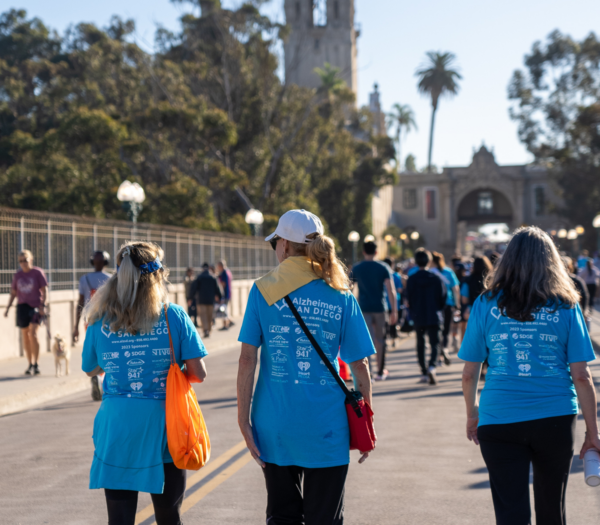
Written by Ellen Boucher, BSW / Support Group Specialist
Caring for a loved one living with cognitive impairment can be a lonely experience. Your relationship with the one living with dementia is ever-changing. Your responses to the differences can also impact your relationships with others. People who are not standing in your shoes often cannot understand your viewpoint. Your world fills with armchair quarterbacks, backseat drivers, and others with good intentions. Feedback is about what you “should” do, feel, or say. It does not matter if you are a decision-maker or not, you will often receive such feedback. This can feel very stressful and very isolating. It is very important to have people you can be honest with as you walk this path. Is there anyone in your world who can understand your challenges, feelings, as well as the hard choices you need to make? And have you considered the value of meeting with caregivers outside your world?
Multiple Ways Support Group Caregivers Help Each Other
“No one knows what it is really like except us in this group.”
Other caregivers discussing challenging situations can provide encouragement and ideas to cope. This journey through dementia is a marathon, not a sprint. Having a solid connection with others who are standing in your shoes can help to sustain and guide you.
“You climb the mountain with walking sticks. Caring for someone with dementia is like climbing a mountain and you all are my walking sticks, believe in yourself.”
Finding peers to meet with can be easily done through our support group program. We have many different support groups to choose from. Each group is a unique experience as it is the individuals in the group that make the difference. While everyone is a caregiver to varying degrees, each situation is unique. It is the uniqueness, though, that brings the value to the group.
“It’s important for me to be around other people that understand.”
You are welcome to attend as many groups as you would like to. Attending a meeting does not require you to continue attending nor do you need to explain if you miss a meeting. Our support groups are set up to provide support and we go out of our way to avoid causing stress.
“I’m so glad there are many options for support groups, because my schedule has been really hectic lately and I haven’t been able to attend my usual meeting.”
To discuss support group options, call us at 858.492.4400 to speak with one of our dementia experts who are here to help San Diego County residents and/or those caring for someone living in San Diego County (Spanish speakers available) or view our list of support groups here. Also check out our free education classes, social activities, & more.
RECOMMENDED: Support Groups and Therapy Groups: What’s the difference?
Posted on January 6th, 2025




